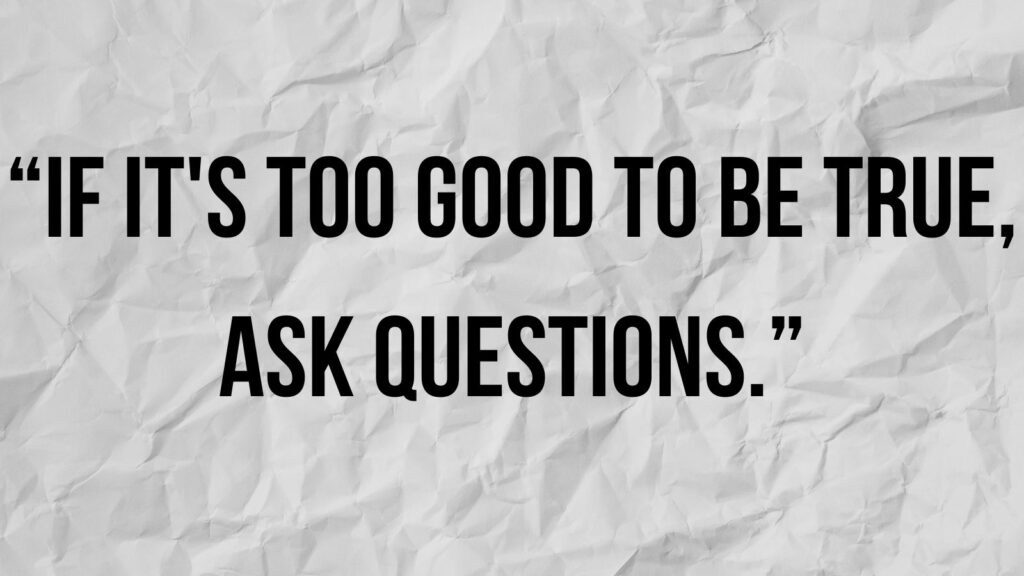Guitar legend Joe Bonamassa reflected on some of the biggest problems regarding the vintage guitar market, explaining how scammers are everywhere and are incredibly skilled in selling fake stuff.
Apart from his extensive experience as a professional blues rock guitarist, Bonamassa is one of the most famous guitar and guitar gear collectors on the planet. Not only is his collection huge, but he also owns some of the most interesting stuff out there and is a walking encyclopedia of all things guitar.
Appearing on the recent edition of Dean Del Ray’s podcast Let There Be Talk, the guitarist said that spotting scammers in the world of vintage guitars is what he’s good at.
“I have a couple of skills in this world,” Bonamassa offered (transcript via Ultimate Guitar). “I can play guitar pretty good, I can sense the slightest human suffering — it’s the Roman Catholic sh*t in me — and I can spot a fake guitar.”
And if you’re planning to buy a vintage piece, there are a few important things that you should know. With his experience buying vintage stuff, Joe notes how easy it is to sell a fake.
“Fakers know the ins and outs, and they always put a little anomaly,” Bonamassa explained. “[They’ll say], ‘Oh, it’s a factory second.’ Who would fake a factory second? Well, they would.”
Obviously, one of the most valuable models is the 1959 Les Paul Standard, going deep into six-figure territories. With that said, those prices attract scammers as well, and Joe explained what to pay attention to by adding:
“When you see a fake ’59 [Les Paul], it’s always going to be a striking top. One of the tells is if you look at the top, and it’s too convenient, like ‘Oh my God, it’s one of the flamiest things’, and it’s priced way under what you think it’s worth — there’s no deals on those.”
And while someone is trying to sell you something, along with some wild, uncorroborated stories, Joe further explains how seeing an unusual price for a certain instrument is a red flag.
“All the big guitars are spoken for,” he added, “and they trade hands for fair market value. There’s no deals. People get in trouble thinking they quietly get into something and they hit the Babe Ruth home run.”
“If it’s a deal, you got scammed. If it’s too good to be true, ask questions. Never never feel ashamed [to ask other dealers or knowledgeable people].”
As Joe also notes, “a question costs nothing,” adding that, “a fake costs a lot of money, and it’s worth nothing.”

When it comes to vintage guitars, there’s hardly anyone as knowledgeable as Bonamassa. The blues rock musician also discussed the problems with the vintage guitar market today during an appearance on Ultimate Guitar’s On the Record podcast.
“The vintage guitar market is a public pool filled with bull sharks and if you’re not careful, you’ll be consumed, lock, stock, and barrel by said bull sharks,” the guitarist explained.
“Here’s the thing — when you decide you want to start a collection, take your time. This whole thing didn’t happen overnight. You [have to] methodically research things — not only do you want to methodically research things, you want to handle as many authentic guitars as you possibly can because the books are not absolutions.”
“I always say, there’s a lot of great books out there that have specific information that may or may not align with guitars that were owned by the person who wrote the books. So the more that you see and the more time that you take, it’s not a flex, it’s not a situation where you want to go, ‘well, you know, I really need to get all of this in the next year.”
And the moment when you want to get your hands on something like a ’59 Gibson Les Paul is “when you’re going to find out how many bull sharks there are in the public pool,” he added.
“You can make huge mistakes really quickly by thinking you’re getting a deal and it’s not a deal, it’s actually a fake, or something [will be] wrong with it. You want to make sure that, first and foremost, you like the instrument because it could zero out over the next 20 years. It could be worth nothing, could be worth one US dollar or a euro or a pound.”
“And if it’s worth a pound, then to be honest with you, you still have to love it. Like if the Skinnerburst was worth nothing, like less than a gallon of gasoline or this 20-ounce Diet Coke, I’d still love the damn thing and I’d still keep it for the rest of my life.”
“It has no value – the only time that guitar will have a monetary value put on it is when I’m dead and gone, and at that point, I don’t care, you know, because I’m going to keep it forever. I’m lucky enough to have been in a position where I could do that.”
Photo: Dmileson (Joe Bonamassa – Radio City Music Hall Jan 2014)


